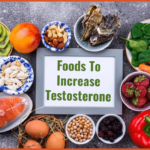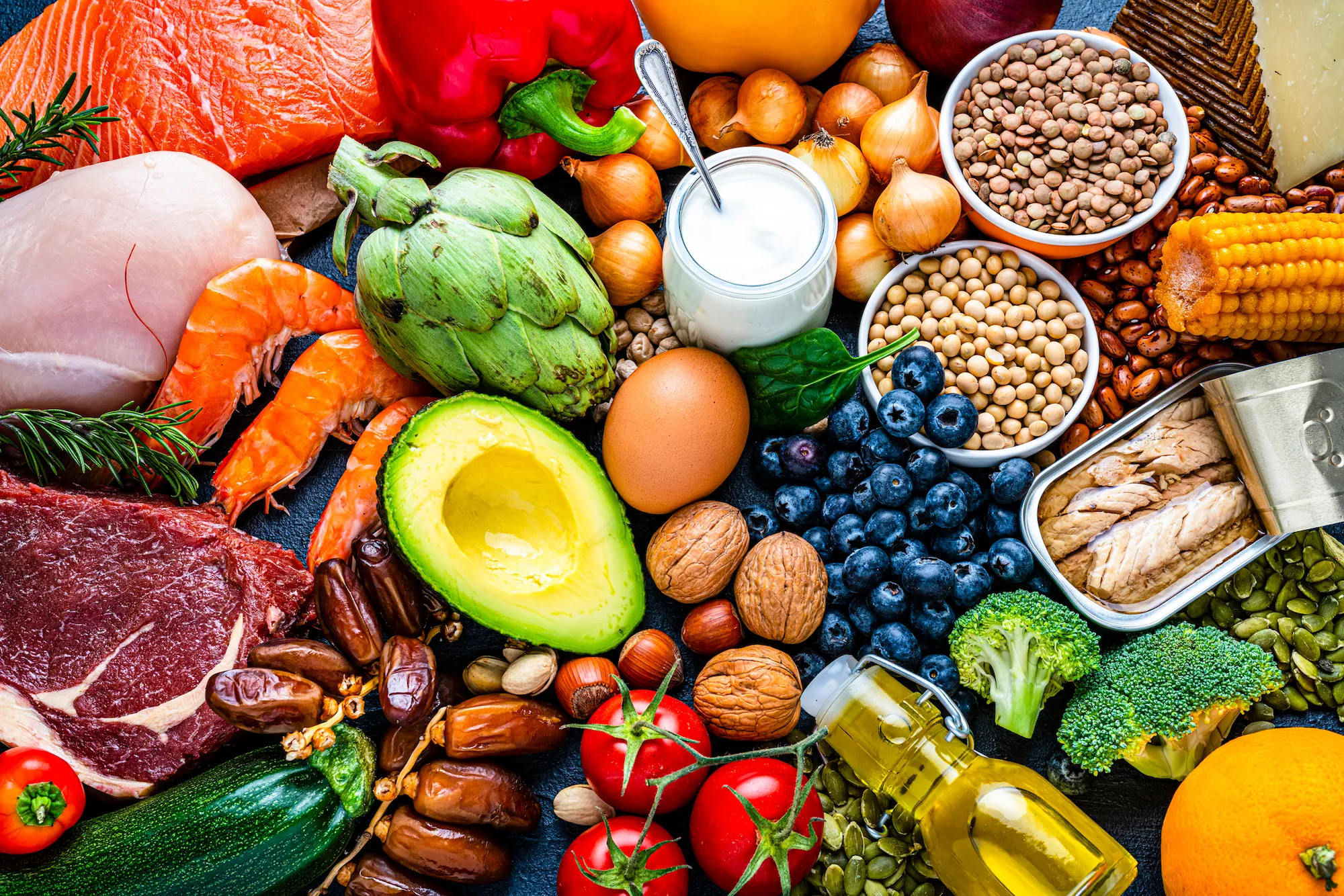Eating a healthy, anti-inflammatory diet can help reduce inflammation in the body and promote overall well-being. Here are some tips to eat healthy on an anti-inflammatory diet:
- Focus on whole, unprocessed foods: Choose foods in their natural form, such as fruits, vegetables, whole grains, legumes, nuts, and seeds. These are rich in antioxidants, fiber, and other essential nutrients that help reduce inflammation.
- Increase intake of anti-inflammatory fats: Include sources of healthy fats in your diet, such as avocados, olive oil, coconut oil, nuts, and fatty fish like salmon. These provide omega-3 fatty acids and monounsaturated fats that have anti-inflammatory properties.
- Opt for lean sources of protein: Choose lean sources of protein like poultry, fish, tofu, tempeh, lentils, and legumes. These options provide important amino acids without excessive saturated fats that may contribute to inflammation.
- Minimize processed and sugary foods: Avoid or limit foods high in added sugars, refined carbohydrates, and saturated fats. These include sugary drinks, snacks, processed meats, and fast food, as they can promote inflammation in the body.
- Include anti-inflammatory herbs and spices: Incorporate herbs and spices like turmeric, ginger, garlic, cinnamon, and rosemary into your meals. These have anti-inflammatory properties and can enhance the flavor of your dishes.
- Choose colorful fruits and vegetables: Aim for a variety of colorful fruits and vegetables, as different colors indicate varying nutrient profiles. These foods provide antioxidants and phytochemicals that combat inflammation and promote overall health.
- Drink plenty of water: Staying hydrated is important for overall health and can help reduce inflammation. Opt for water as your main beverage and limit consumption of sugary drinks or excessive alcohol.
- Practice portion control: Be mindful of portion sizes to maintain a balanced and healthy diet. Overeating, even with healthy foods, can still contribute to inflammation and other health issues.
- Opt for whole grains: Choose whole grains like quinoa, brown rice, whole wheat bread and pasta, oats, and barley over refined grains. Whole grains provide more fiber, vitamins, minerals, and antioxidants, which contribute to reducing inflammation.
- Listen to your body: Pay attention to how your body reacts to different foods. Everyone’s tolerance to certain foods may vary, so it’s important to be aware of how certain foods make you feel and adjust your diet accordingly.
Remember, it’s best to consult with a healthcare professional or registered dietitian for personalized advice on following an anti-inflammatory diet, especially if you have specific dietary needs or health conditions.











